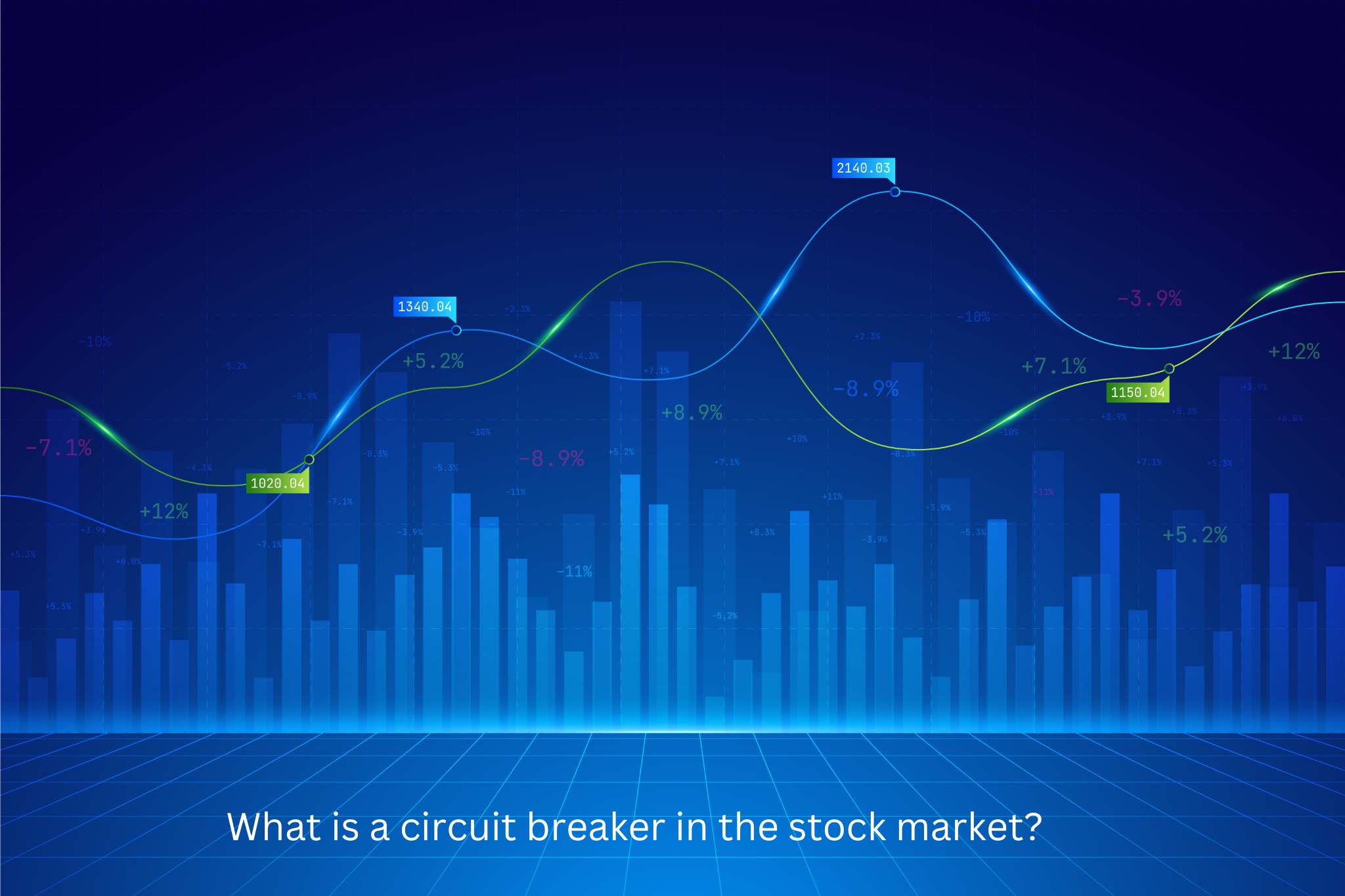How does the stock market function?
The stock market functions as a marketplace where buyers and sellers come together to trade shares of publicly traded companies. Here’s a simplified overview of how the stock market operates:
- Companies Go Public: Companies seeking to raise capital offer their shares to the public through an initial public offering (IPO). During an IPO, the company issues a certain number of shares and sets an initial price.
- Stock Exchanges: The shares of publicly traded companies are listed on stock exchanges, which are physical or electronic platforms where trading occurs. Examples of major stock exchanges include the New York Stock Exchange (NYSE), NASDAQ, London Stock Exchange, and Tokyo Stock Exchange.
- Buyers and Sellers: Investors, including individual traders, institutional investors, and mutual funds, place orders to buy or sell shares through brokerage firms. Buyers specify the quantity they want to purchase and the price they are willing to pay, while sellers specify the quantity they want to sell and the minimum price they are willing to accept.
- Bid and Ask Prices: The stock market displays bid and ask prices for each stock. The bid price represents the highest price a buyer is willing to pay for a stock, while the ask price represents the lowest price a seller is willing to accept. When the bid and ask prices match, a trade is executed.
- Matching Buyers and Sellers: Stock exchanges facilitate the matching of buyers and sellers based on their respective bid and ask prices. This is done through a continuous auction process, where orders are matched in real-time. The exchange’s order matching system determines the best available price and executes trades accordingly.
- Market Makers: In some cases, market makers play a role in facilitating liquidity. These are firms or individuals that stand ready to buy or sell stocks at publicly quoted prices. They help ensure there is a continuous market for the shares, even when there is an imbalance between buyers and sellers.
- Stock Index Calculation: Stock market indices, such as the S&P 500 or the Dow Jones Industrial Average (DJIA), track the performance of a specific group of stocks. These indices provide a snapshot of the overall market performance and serve as benchmarks for investors and financial professionals.
- Market Regulations: Stock markets are regulated to maintain fair and transparent trading practices. Regulatory bodies, such as the Securities and Exchange Commission (SEC) in the United States, enforce rules and regulations to protect investors and maintain market integrity.
It’s important to note that the stock market is influenced by various factors, including economic conditions, company earnings, news events, investor sentiment, and broader market trends. The buying and selling of stocks in the market reflect investors’ expectations and perceptions of a company’s value and future prospects.


